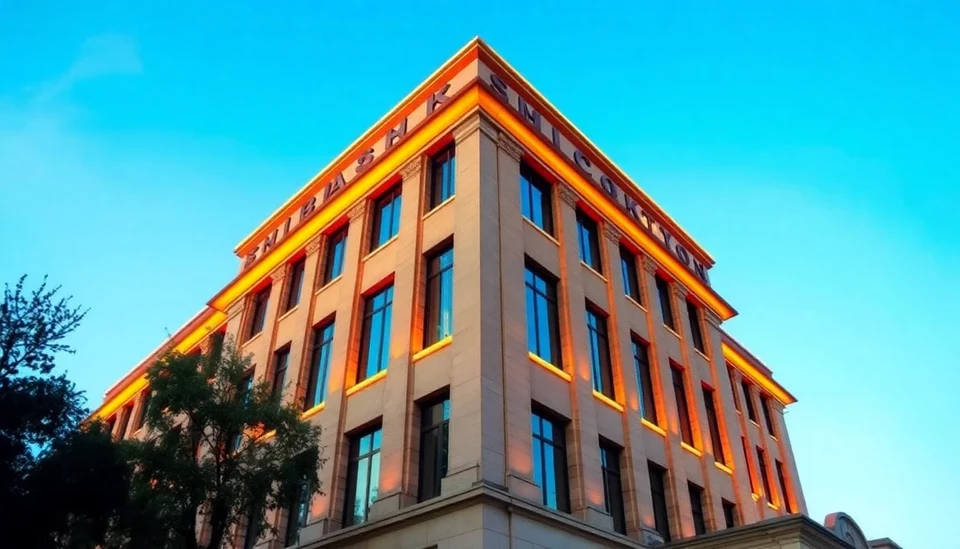
BOK Maintains Steady Interest Rates Amid Rising Inflation and Currency Fluctuations
The Bank of Korea (BOK) has decided to maintain its current interest rates, despite a notable increase in inflation and recent volatility in the South Korean won. This decision comes as the central bank aims to balance the growing economic pressures without compromising financial stability.
Continue reading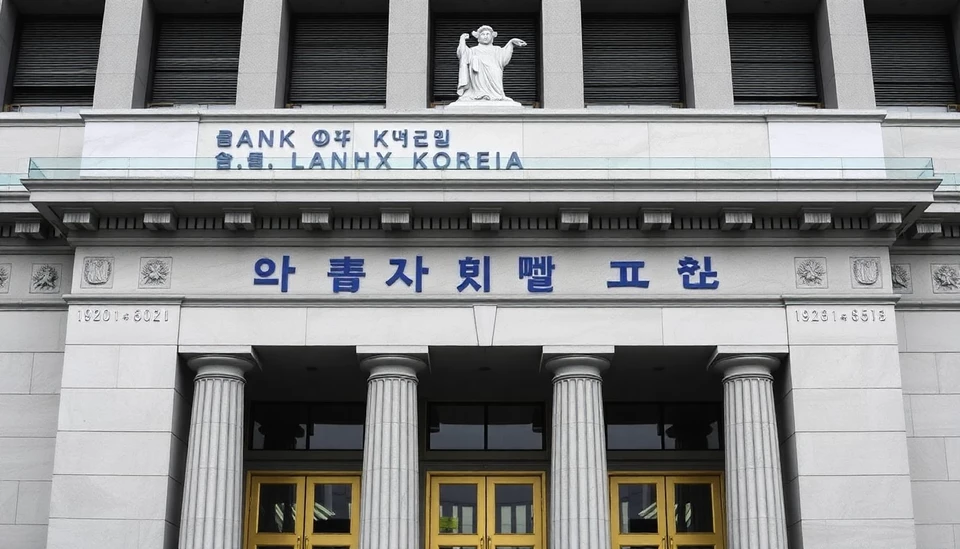
Bank of Korea Expected to Maintain Interest Rates to Support the Won
In a critical decision impacting South Korea's economic landscape, the Bank of Korea (BOK) is anticipated to keep its benchmark interest rate steady during its upcoming policy meeting, aiming to stabilize the Korean won amid global financial uncertainties. This move comes as inflationary pressures and economic fluctuations continue to challenge policymakers.
Continue reading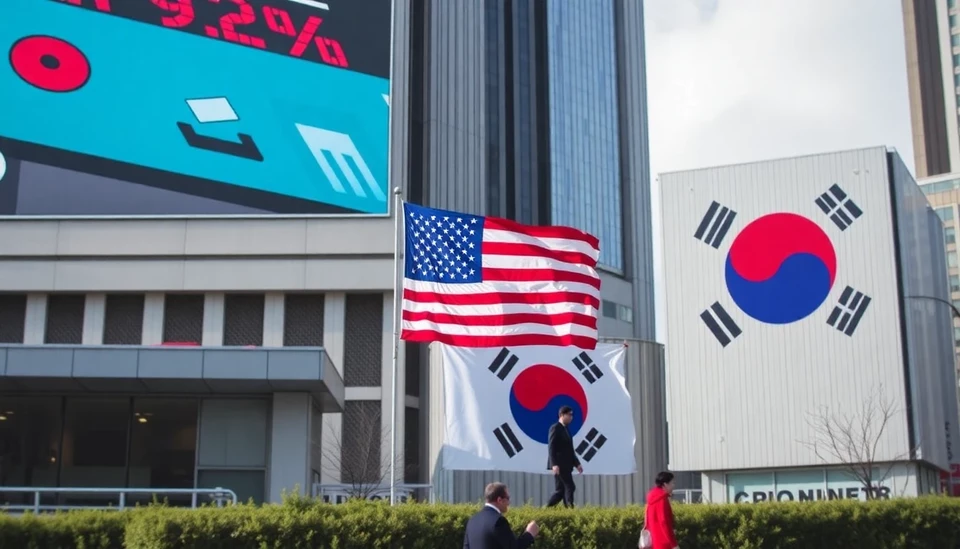
Unexpectedly Strong US Tariffs Prompt Warnings from Bank of Korea on Market Volatility
The Bank of Korea (BOK) has issued a stark warning regarding the potential implications of stronger-than-anticipated U.S. tariffs on imported goods. This unforeseen development has raised alarms about volatility in the domestic market, which may have a cascading effect on both local and global economies.
Continue reading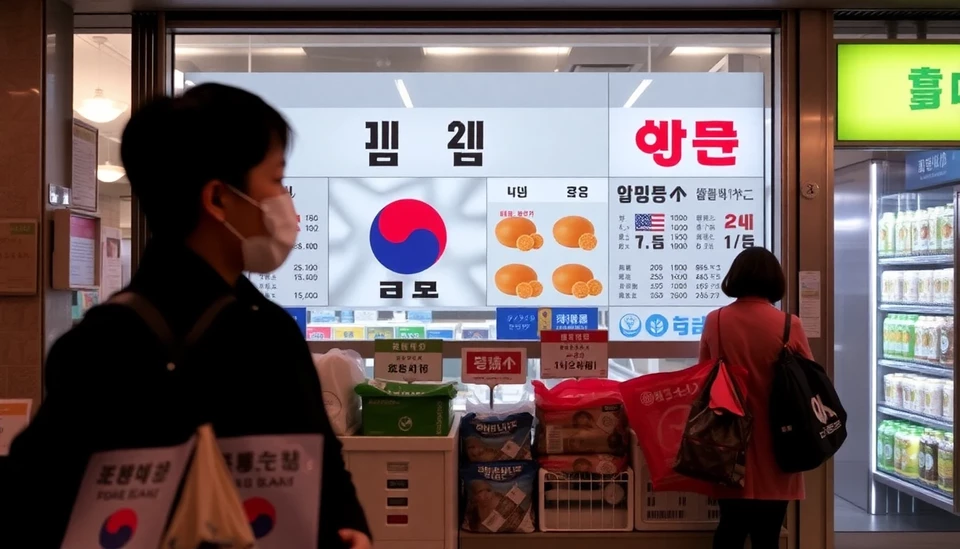
South Korea's Inflation Climbs, Strengthening the Case for a BoK Rate Pause
In a significant economic development, inflation in South Korea has seen an uptick, prompting discussions around the potential pause of interest rate hikes by the Bank of Korea (BoK). Recent data reveals that the consumer price index (CPI) rose at a pace that may influence the central bank's upcoming monetary policy decisions.
Continue reading
BOK Members Intensify Efforts to Bolster Economic Growth Amid Global Uncertainties
In a recent meeting, officials from the Bank of Korea (BOK) have adjusted their focus towards reinforcing the nation’s economic stability and momentum. This shift comes against a backdrop of increasing global economic challenges, signaling a proactive approach to safeguard South Korea's financial landscape.
Continue reading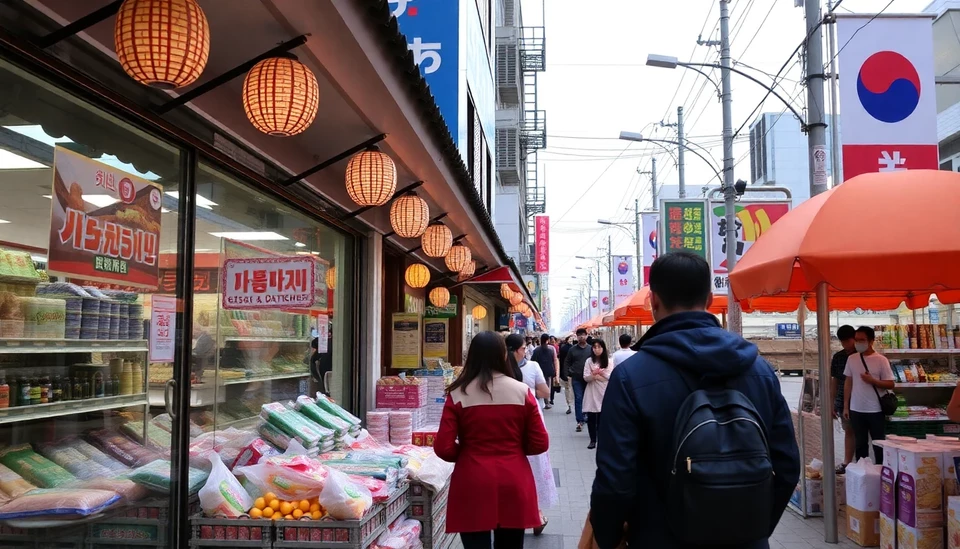
South Korea Witnesses Easing Inflation as Energy and Food Prices Stabilize
In an encouraging sign for the South Korean economy, the country is experiencing a notable slowdown in inflation rates, mainly owing to steady prices in the energy and food sectors. According to the latest data released, consumer prices in South Korea increased by a modest 2.2% year-on-year in February 2025. This marks a significant decrease compared to the previous year's rate of 4.4% during the same month.
Continue reading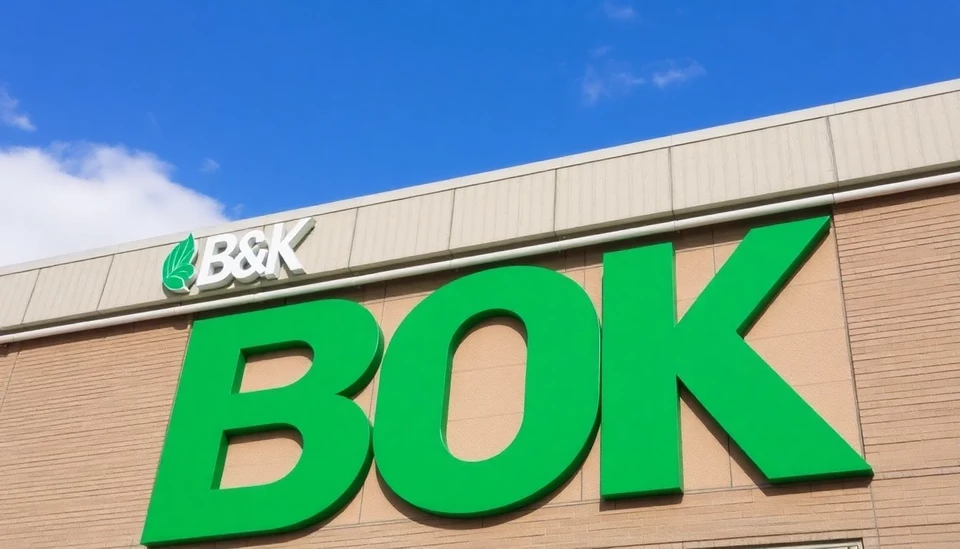
BOK Cuts Interest Rates Amid Trump Tariffs Threatening Exports
In a strategic move to bolster domestic demand amidst growing economic uncertainty, the Bank of Korea (BOK) has decided to cut its benchmark interest rate, responding to potential threats from tariffs imposed by the Trump administration. This decision signals a proactive approach to stimulate the economy and safeguard exports, a crucial component of South Korea’s economic landscape.
Continue reading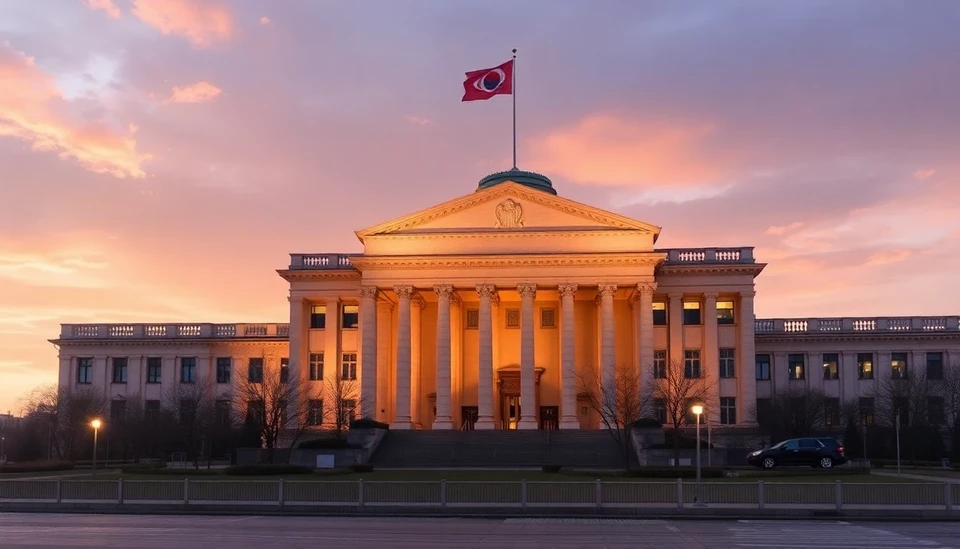
Bank of Korea's Easing Cycle Under Review: Key Factors to be Analyzed Next Week
The Bank of Korea (BOK) is set to undertake a significant evaluation of various economic indicators as it moves into the next phase of its monetary policy decisions. In a statement made by Governor Rhee Chang-yong, the central bank plans to thoroughly assess a multitude of influences that could impact its approach to interest rates during the upcoming meeting scheduled for next week.
Continue reading
Bank of Korea’s Rhee Signals Possibility of Further Rate Holds
In a recent public statement, Rhee Chang-yong, the Governor of the Bank of Korea (BOK), has indicated a cautious stance regarding future interest rate adjustments, leaving the door open for another potential pause in rate hikes. This announcement comes in light of ongoing uncertainties in the global economy and domestic inflation pressures.
Continue reading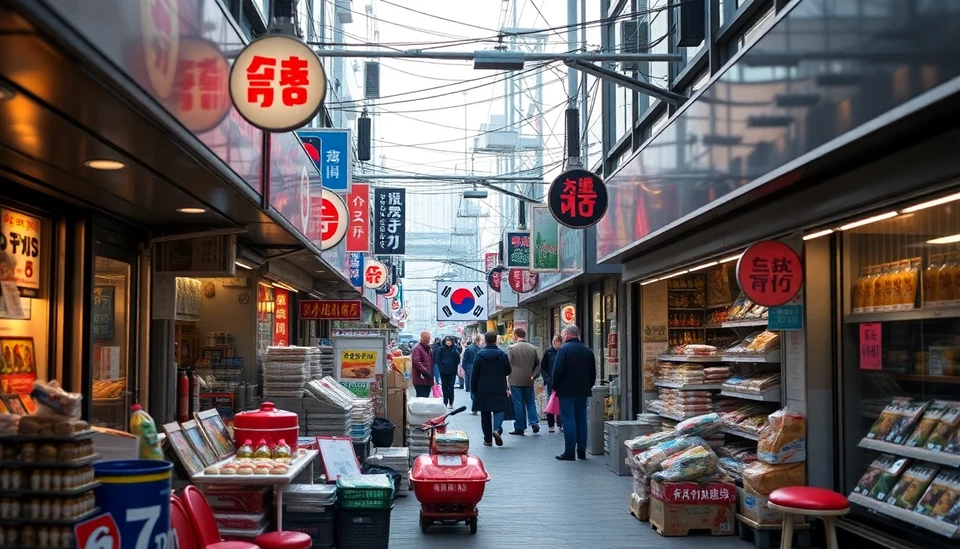
South Korea Faces Rising Inflation Due to Soaring Energy and Food Prices
South Korea is currently grappling with a notable uptick in inflation rates, driven primarily by escalating costs of energy and food products. The latest data reflects an increase in the consumer price index, echoing concerns about the ongoing financial pressures affecting households across the nation.
Continue reading